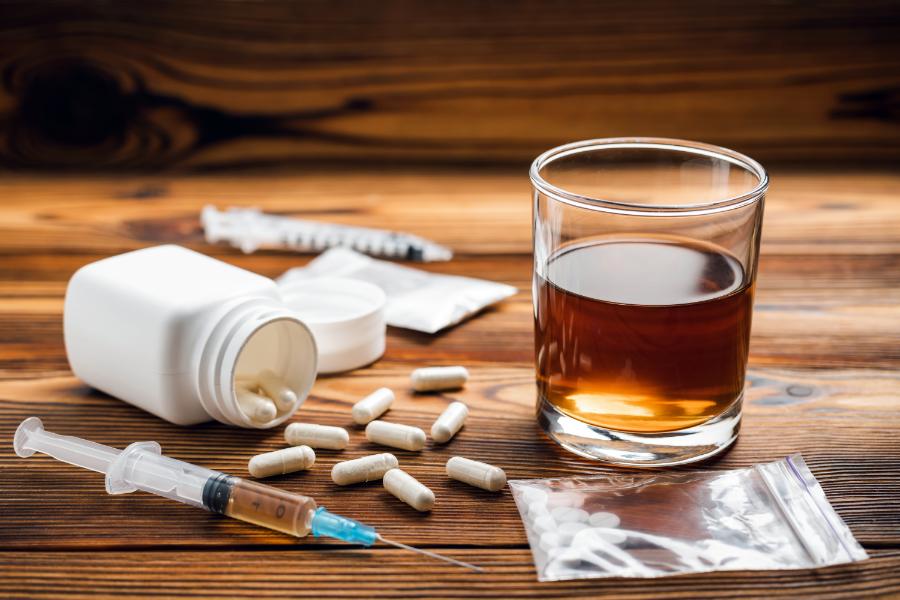Substance abuse and addiction are complicated issues that have widespread implications and need intervention from experienced professionals. Although substance use disorders are a prevalent condition, only a small percentage (approximately 10.4%) of people who require treatment receive it.
The effects of addiction can deeply impact various aspects of your life, including your mental and physical health, personal relationships, and general well-being.
If you're struggling with disorders stemming from the use or misuse of legal and illegal substances, including alcohol, you might need addiction treatment.
Addiction often requires external assistance for recovery. Our team at Elevate Psychiatry is dedicated to providing support and strategies to help you overcome addiction.


